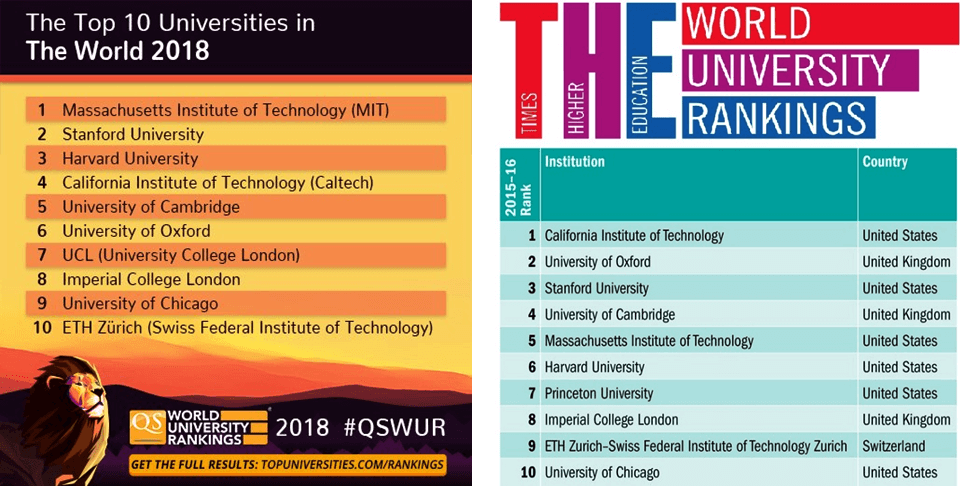Businessman drawing the dream travel around the world
It is very common to ask me about how to build an international career in the field of engineering and I always have difficulties to respond. I believe that the answer is not as simple as we would like it to be.
Reflecting on the path that led me to an international career, I believe there is no model that, if faithfully followed, will lead you to conquer the world. However, it is possible to list a few actions you can take to enhance international opportunities. Best of all, they are common to almost every profession.
Training: The first shock we have when working abroad is when we compare professional training in Brazil and the training of other professionals globally. At this point, we understand that our best higher education is, at best, only the median on a global scale. I do not speak here of those schools where teaching is placed in the background, I speak here of the deficiencies of teaching in the best universities in Brazil.
There are two rankings that are widely used by the international market to understand how solid your training is when you leave university. These are QS with QS World University Ranking and Times Higher Education with THE World University Ranking.
Today in QS, among the top 20 universities in the world, 11 are American, 4 are British, 2 are Swiss, 2 are from Singapore and 1 is from Australia. In the TOP20 of the Times are 15 American, 4 British and 1 Swiss.

In QS, the best Brazilian university is USP, which appears between 251 and 300. In Times Higher Education the best Brazilian is also USP, which appears in 121st position. All other Brazilian universities are below (and well below) these positions.
The conclusion is obvious and a bit harsh for all who have suffered to graduate from the best schools in the country. Graduation in a good Brazilian university is suitable for those who aspire to differentiate themselves in the domestic market. If your interest from the time you leave college is a solid international career, try not to graduate from a Brazilian university, since you will face a competition with all the universities on the planet.
I can tell several stories to illustrate the shortcomings of our higher education. I choose a quick conversation I had with a Portuguese engineer and another Dutchman asking me what the university was like in Brazil. They specifically asked me how many disciplines we had to study in English during our engineering training, and I said no discipline was taught in English. Both were perplexed to know that we left the university in Brazil without necessarily being fluent in English. This is not the case in Portugal and the Netherlands, for example.
Languages: Well, if you are wondering how you can have an international career, I assume that unfortunately, you did not have the opportunity to choose a university outside Brazil to graduate, perhaps for lack of orientation, perhaps for lack of financial conditions or even for lack of willingness to get a face in school.
Know that not everything is lost. Although much more complicated, life can bring you some other opportunities to go to work outside the country and to grasp them is imperative fluency in more than one language.
Although the most spoken native languages in the world are Chinese with 1.2 billion people and Spanish with 400 million people, the market cares little about this, making English the language of business around the world. Consequently English is the most widely spoken language when we do not consider only the native speakers. 1
And there is more. If you think that fluency in English beyond your native language, is all you need in your professional life outside of Brazil is a mistake. English may be the language spoken within your company if it is also focused on the international market. But the language of the place where you decided to live must also be learned by a simple question of social integration.
One question I often hear is: what level of English do I need? The answer is as obvious as possible, at least fluency. Better yet, if English is a native language, I think we’ve had the misfortune of being born in a former Portuguese colony, so we can only study to be fluent in English.
Ok “dr Sabichão “. I have fluency in English, I have a good experience in my area, how the heck do I work outside the country?
This I will answer in part 2 of this article.
Hugs,
Luiz Junqueira
Read the article on blogdaliga.com.br



